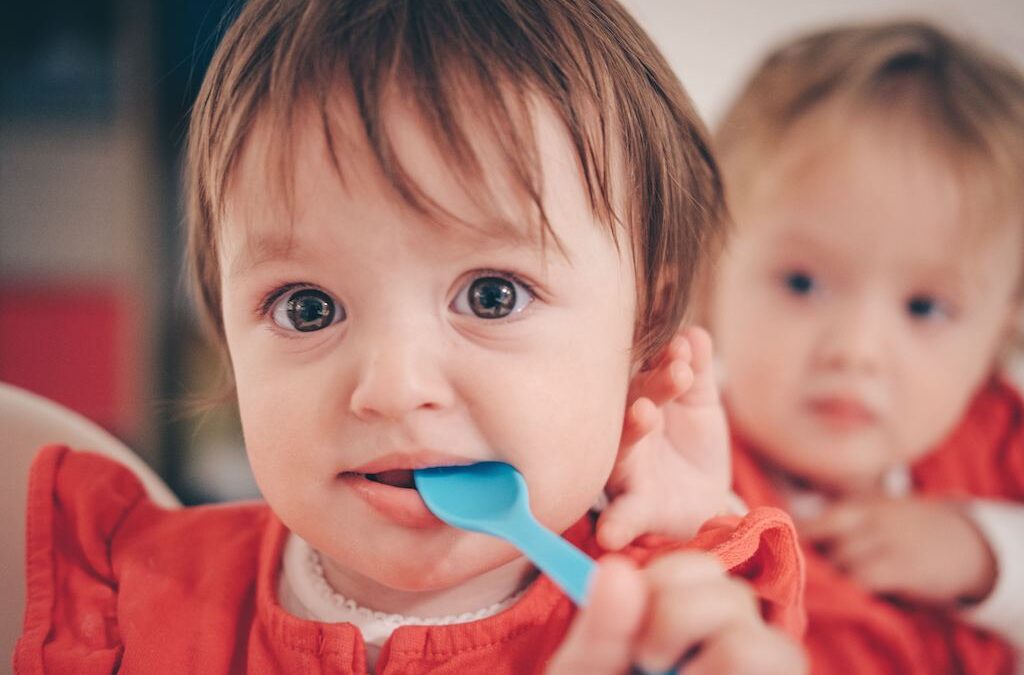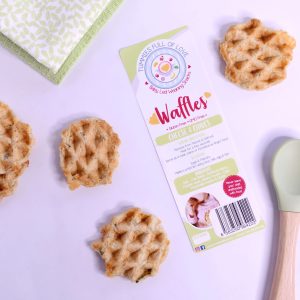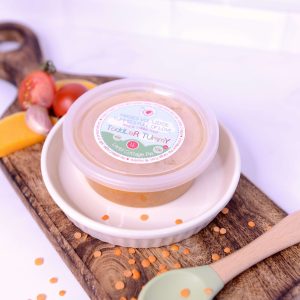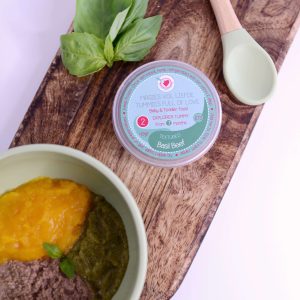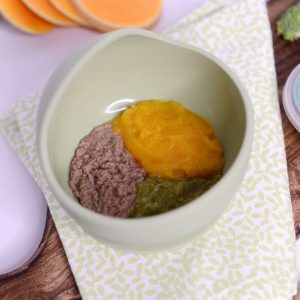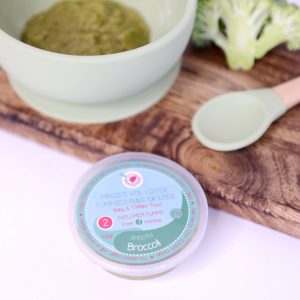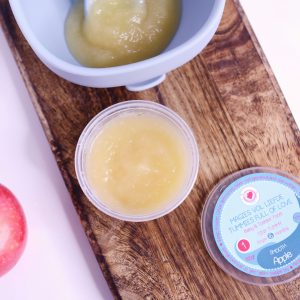In the time of social media, we get bombarded with information, which makes choosing what and how to feed your baby very challenging for you as a parent. It is fundamental that your baby receives appropriate feeding as it is central to your baby’s early health, growth, and development.
What constitutes as appropriate feeding?
The World Health Organisation (WHO) recommends that you exclusively breastfeed your baby for the first six months of life to achieve optimal growth, development, and health. Thereafter, you can introduce nutritionally adequate and safe complementary foods while breastfeeding continues for up to two years of age and beyond.
Complementary feeding and solids
Starting solids is one of the most important and exciting landmarks for you and your baby. On this fun and exciting adventure, the two of you get to explore new tastes and textures.
How do I know when my baby is ready for solids?
Look for signs that your baby is ready for solids:
- Your baby can sit with support
- Your baby has good head and neck control
- Your baby is showing interest in food, by leaning forward and opening their mouth.
- Your baby starts to reach for food as well as placing their hands or toys in their mouth
- Your baby’s starts to lose the tongue thrust reflex, aids in the control of the forward and backward motion of the tongue (if not integrated they push the food straight out).
Additional skills are necessary before your baby can start eating finger foods
- Around 8 to 10 months your baby is able to sit independently, grasp and release food, chew food (even without teeth), and swallow.
- By 12 months the fine motor skills have improved, allowing your baby to grasp pieces of food between two fingers
What types of food can I give my baby:
- Start with spoon feeding smooth puree and progress to mashed lumpier food(which will help with the side to side movement of the tongue)
- Around 8 months soft foods, meltable and finger foods.
- At 12 months your baby should be eating what the family is eating.
Why is there all this hype about pouches?
Firstly, pouches are pureed, semi liquid foods that are packed in squeezable plastic pouches usually equipped with a spout and screw cap. They promise a simple and convenient approach to complementary feeding. It may appear attractive to parents because it is perceived as time-saving and convenient. If your baby is fed predominantly by sucking from a pouch, this may delay and impair learning to eat from a spoon; exploring foods with tongue; lips; hands; and chewing.
Eating from a spoon |
|
|
|
|
|
|
|
|
Eating from a pouch |
|
|
|
|
|
|
|
|
Feeding your baby a variety of food textures and lumpy foods by spoon feeding and finger foods provides great opportunities for intensive reciprocal interaction between you and your baby, for listening and talking, and for learning to sense each other’s signals, which may be missed if infants are left on their own to suck from a pouch. Just like Sippy cups, pouches were made for parent’s convenience, not for a child’s mouth or oral development. Feeding is truly a developmental process just like learning to crawl, walk and run. Always choose the spoon.
References
Koletzko, B., Hirsch, N. L., Jewell, J. M., Caroli, M., Rodrigues Da Silva Breda, J. & Weber, M. (2018). Pureed fruit pouches for babies: Child health under squeeze. JPGN, 67(5): 561-563
WHO. (2007). Guidance on ending the inappropriate promotion of foods for infants and young children: implementation manual.
Duryea, T. K. & Fleischer, D. M. (2020). Patient education: Starting solid foods during infancy (Beyond the basics). UpToDate. Accessed on www.uptodate.com/patients [/vc_column_text][/vc_column][/vc_row]

